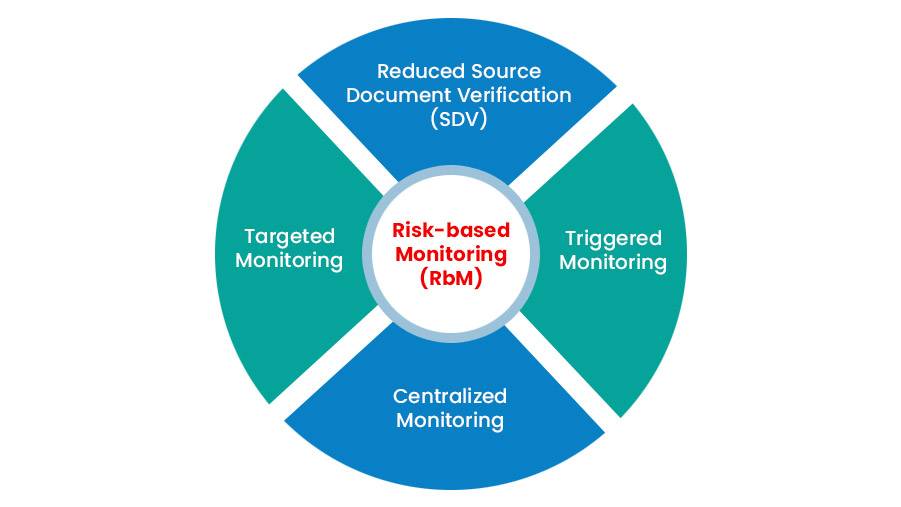Medical students in United States have extensive courses, which require long hours of study with complete focus and attention. There is information overload in the study of life sciences is overwhelming. Many times the students have to study late at night to complete the rigorous assignments which affect their well-being. Apart for this many medical students are involved in clinical trials and clinical research.
Physical and mental exhaustion, erratic sleep or lack of sleep, causes restlessness and anxiety, which can lead to serious psychological disorders resulting in acute stress.
What is Stress?
When we are unable to maintain a healthy routine by keeping proper mealtimes, sleep patterns and exercise and relaxation due to any reason, we exhibit certain symptoms that affect well-being.
The term ‘stress’ was first coined by Hans Selye, Austrian-Canadian endocrinologist of Hungarian origin, in 1936. He defined stress as “the non-specific response of the body to any demand for change.” Stress can be explained as an inability to handle physical, mental and psychological demands upon an individual essential for survival. It also points to the inability to adapt to changing circumstances.
 Medical Students and Stress
Medical Students and Stress
Stress experienced by medical students in the US has been recognized by doctors and experts for a long time. This stress has increased considerably in the recent by years due to many reasons.
Reasons for Stress
Some common reasons of stress in medical students in the United States are as follows.
- Huge information overload (including digital information)
- Learn new information in short period of time
- Prepare for exams and evaluations in less time
- Inability to handle information often results in frustration and stress for success.
- Extensive and long duration exposure to artificial light from electronic gadgets, mainly computers, and mobiles.
- Inordinate hours
- Acute sleep deprivation
- Work overload, fending clerical administrative responsibilities, lack of support from health professionals, tackling difficult patients, working with terminally ill patients
In addition to these professional stressors, the medical students also need to cope with personal stressors as family and relationship problems, financial issues like educational debts, working on a secondary job to meet expenses, relocation away from family and friends.
Effects of Stress
Stress manifests in varied unique ways. Though there are some general effects of stress, many times it can result in uncommon symptoms that are difficult to diagnose. Sometimes if these symptoms are ignored for long they can cause serious diseases like hypertension and diabetes.
Here is a list of effects of stress.
- Difficulty in solving interpersonal conflicts
- Insomnia
- Reduced attention span
- Restlessness
- Inability to focus and concentrate
- Depression
- Lack of motivation
- Incidence of errors
- Negligence in all areas of life
- Anger
- Anxiety and panic attacks
If stress is ignored and not handled properly it can have serious repercussions. Long-term exposure to continuous stress can manifest in physical illness. It can cause migraines can affect digestion or gastrointestinal problems, coroner heart -diseases it can also lead to self-medication and drugs.
Experts believe that the most stressful period in a medical student’s life is the gap after graduation from a medical college and being eligible in a medical institution. If medical students are unable to manage the high-stress levels, their work suffers. This can result in incompetency, which could have serious consequences.
To counteract the effects of stress medical students should be provided opportunities and support to develop various coping skills. These skills include both cognitive and behavioral, especially during examinations.



